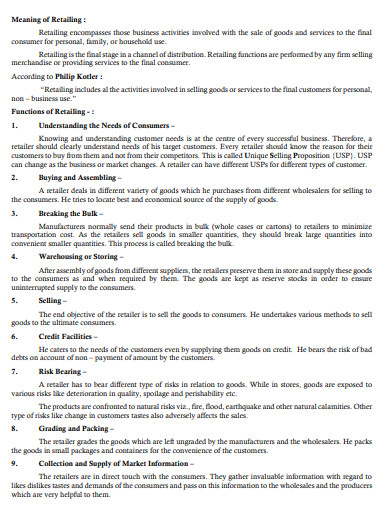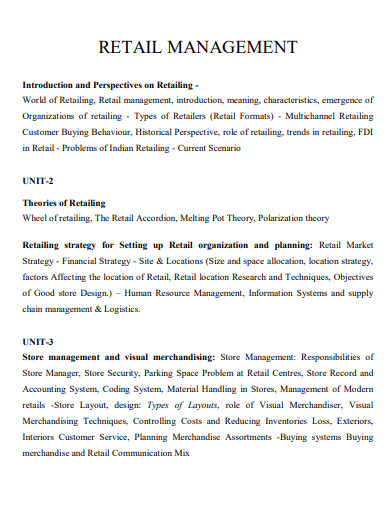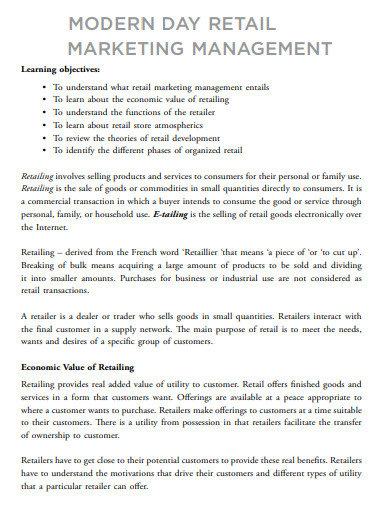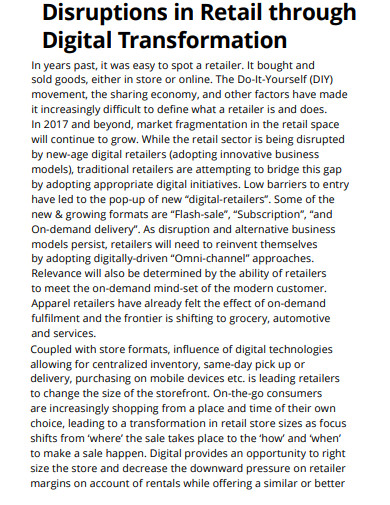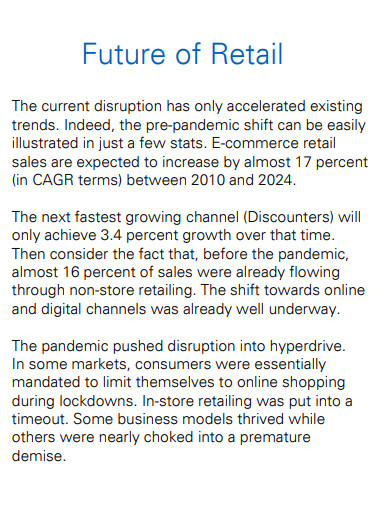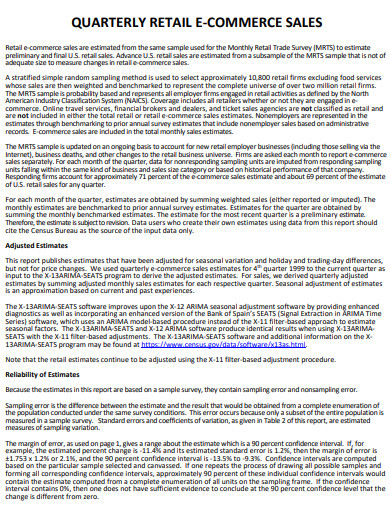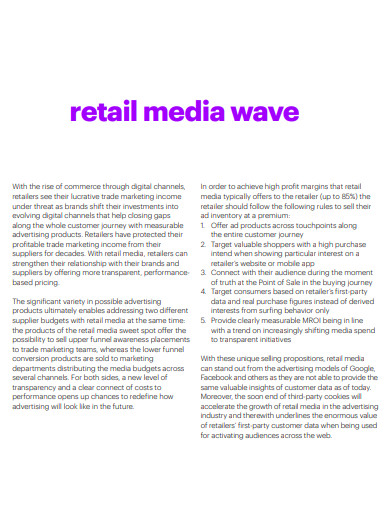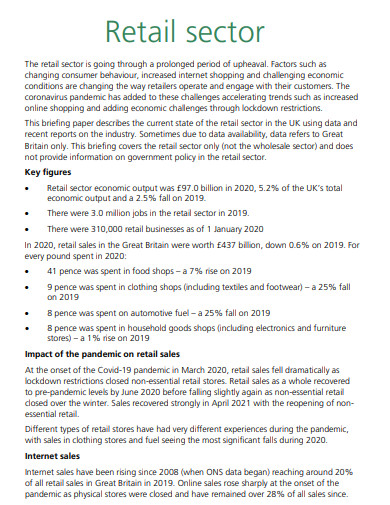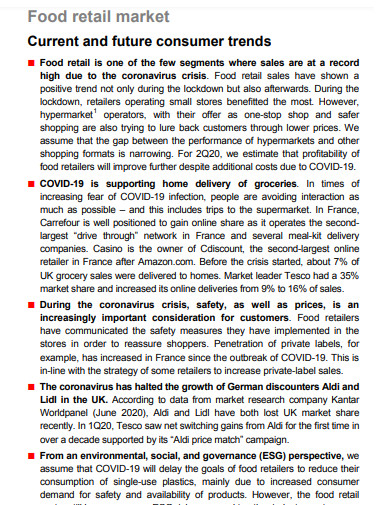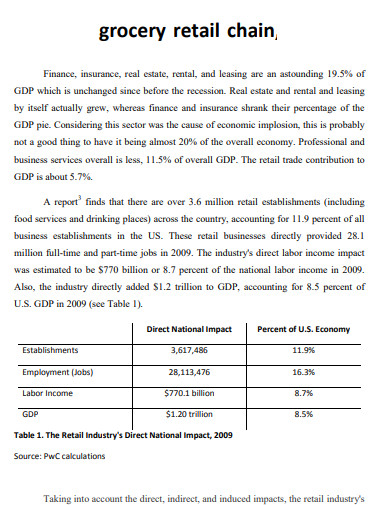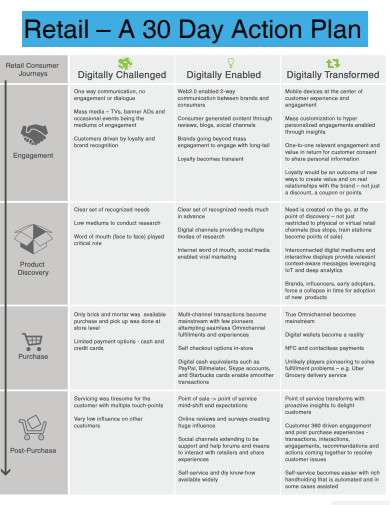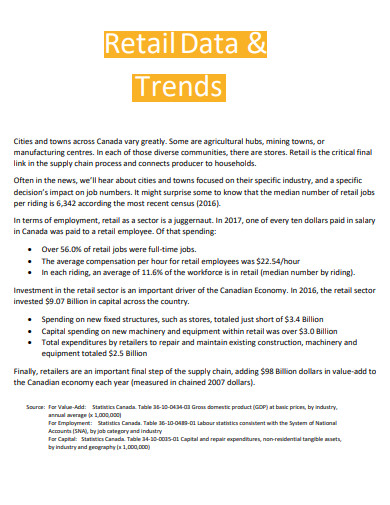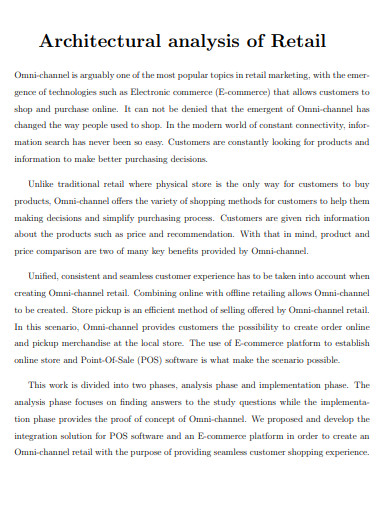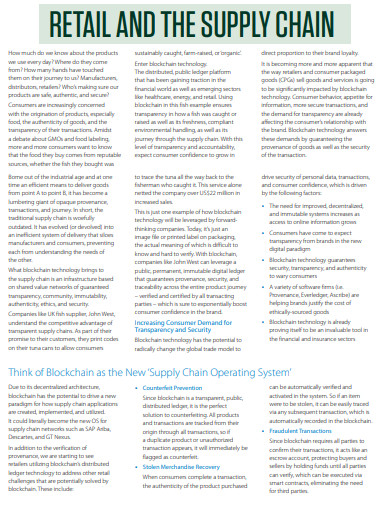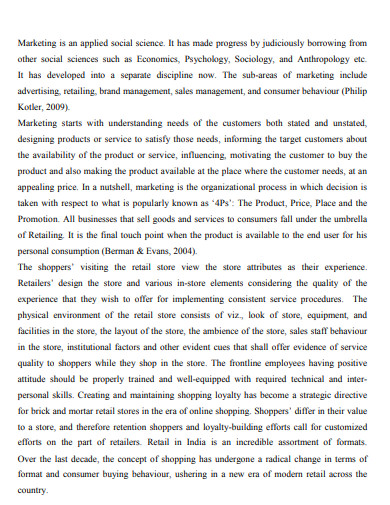20+ Retail Examples to Download
Retail is a fast-paced industry that’s constantly evolving to meet the changing needs and preferences of consumers. From traditional brick-and-mortar stores to online marketplaces, there are countless opportunities for entrepreneurs to start a retail business. But with so many options, how do you choose the right one for you? In this article, we’ll explore some examples of retail businesses and provide a step-by-step guide to help you choose the perfect one.
1. Retail Employee Handbook Template
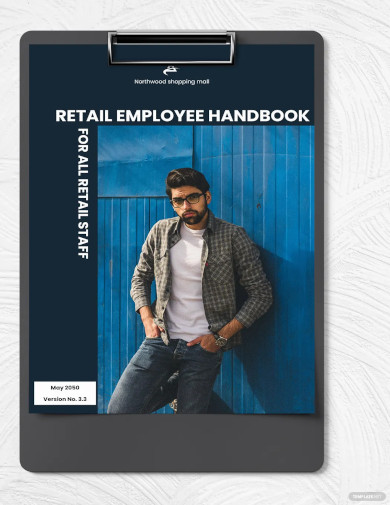
2. Retail Sell Sheet Template

3. Retail Business Plan Template
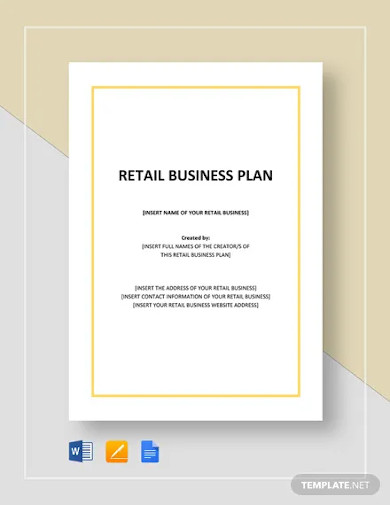
4. Retail Store Standard Operating Procedure Template
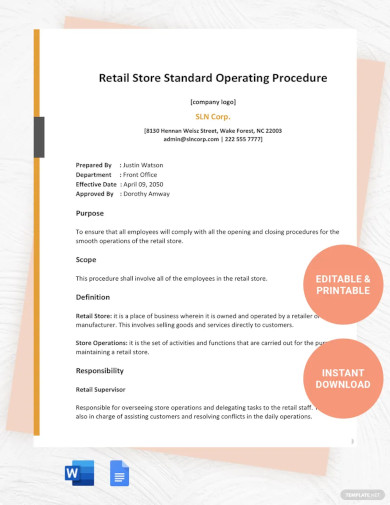
5. Retail Linkedin Career Cover Photo Template
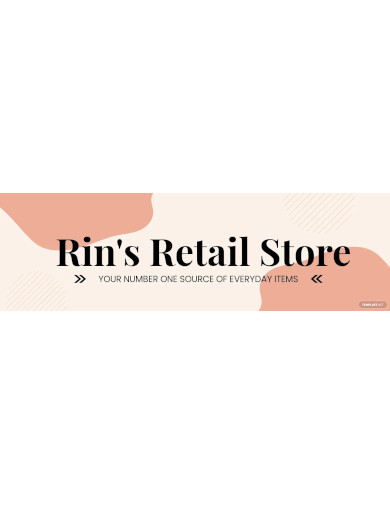
6. Introduction to Retailing
7. Retail Management
8. Modern Day Retail Marketing Management
9. Disruptions in Retail through Digital Transformation
10. Future of Retail
11. Quarterly Retail E-Commerce
12. Retail Media Wave
13. Retail Sector
14. Food Retail Market
15. Grocery Retail chain
16. Retail 30 Day Action Plan
17. Retail Data And Trends
18. Architectural analysis of Retail
19. Retail And Supply Chain
20. Retail Industry
What is Retail
Retail refers to the sale of goods or services directly to consumers. This can take place in physical locations, online, or both. Retail businesses can sell a wide range of products and services, including clothing, electronics, food, and more. Retailers can also offer a variety of pricing strategies, such as discounts, bundles, and loyalty programs. Retail is a competitive industry, and it’s essential for entrepreneurs to have a solid understanding of their target market and competitive landscape to succeed.
How to choose a Retail business
If you’re interested in starting a retail business but don’t know where to start, follow these steps:
Step 1: Identify your strengths
Consider your skills, interests, and experience to determine what type of retail business would be a good fit for you.
Step 2:Conduct market research
Use tools like surveys, focus groups, and online analytics to identify gaps in the market and determine what products or services are in demand.
Step 3: Choose a business model
Decide whether you want to start a traditional brick-and-mortar store, an online store, or a combination of both.
Step 4: Develop a retail business plan
Develop a retail business plan by outlining your goals, strategies, and financial projections in a comprehensive business plan that will guide your decision-making.
Step 5: Identify suppliers and negotiate a wholesale agreement
Find reliable suppliers and negotiate wholesale agreement terms that will help you maximize profits and minimize risk.
Step 6: Create a retail marketing plan
Develop a retail marketing plan that includes advertising, promotions, and social media strategies to attract and retain customers.
Step 7: Conduct a SWOT analysis
Analyze your business’s strengths, weaknesses, opportunities, and threats to develop strategies that will help you stay competitive.
Step 8: Develop soft skills and employee training agreement
Hire employees with the necessary soft skills, such as communication, problem-solving, and customer service. Develop an employee training agreement to ensure they have the knowledge and skills they need to provide excellent service.
FAQs
What are some popular retail business models?
Some popular retail business models include traditional brick-and-mortar stores, online stores, and mobile businesses like food trucks or pop-up shops.
Do I need a background in business planning to start a retail business?
While having a background in business planning can be helpful, it’s not necessary to start a retail business. There are many resources available to help you develop your business plan, including books, online courses, and business coaches.
How important is customer service in the retail industry?
Customer service is essential in the retail industry, as it can help you build a loyal customer base and differentiate your business from competitors.
Retail is an exciting and diverse industry that offers many opportunities for entrepreneurs. By following the steps outlined in this article and taking the time to identify your strengths, research your target market, and develop a solid business plan, you can start a successful retail business that meets the needs of your customers and helps you achieve your goals.



